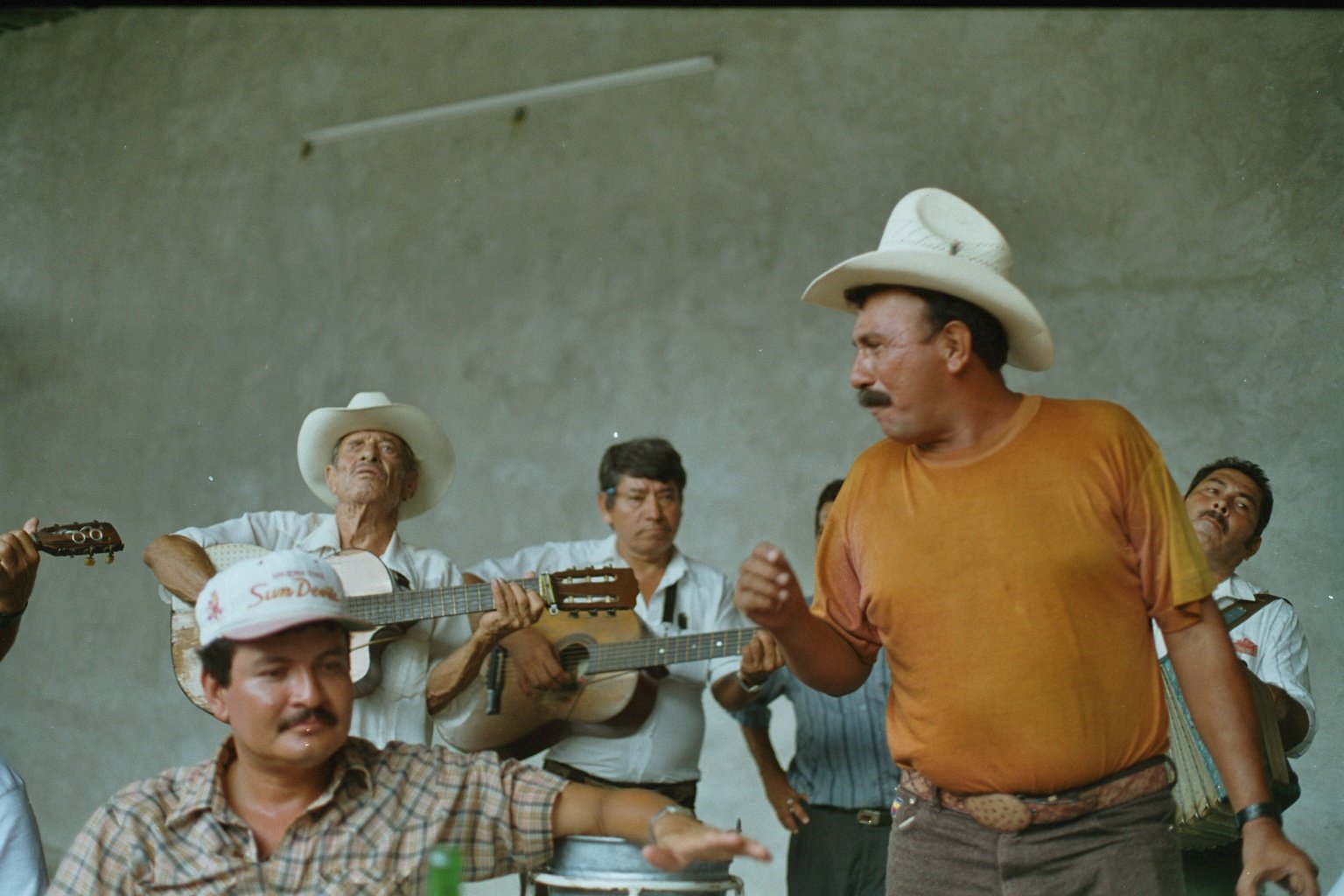RESEARCH
Areas of Expertise
Water policy
Natural resources management
Rural/urban area development
Organizations & Institutions
Environmental infrastructure
Sustainable energy
Research methods & Analysis

Research Adventures…
To get a non-smoker to smoke is an achievement. As part of a research project, we were interviewing a Bedouin leader, not far from the Suez Canal. He was organizing a wedding and invited us. We observed him personally distributing food among each and every visitor, displaying his hospitality and leadership. After the wonderful food, he offered me a cigarette to smoke with him. Because I did not want to turn down his generous gesture and spoil the ceremony, I accepted it. He lit it for me, sat next to me and we smoked. He studied my unpractised smoking for some time and then asked if I smoked. I shook my head emphatically, whilst continuing nonetheless. On this picture you see their response. This friendly atmosphere created excellent conditions for an open interview. How can you achieve a similar ‘rapport’ in your interviews?
Dr. Edwin Rap has a broad interest in contributing to interdisciplinary research in the above thematic areas, as both engineer trained in international land and water management and anthropologist promoted on rural development issues. After carrying out extensive field research in different parts of Africa, Asia, Latin America & Europe, he has published widely on those issues in high quality journals. The American Wenner-Gren Foundation has recently funded his anthropological postdoc research about mega-infrastructure, environmental politics, climate change and drought in Portugal/Spain.
Rap[id] offers research and advice in the interdisciplinary governance of land, water, natural resources and environmental infrastructures. Key competences in qualitative research methods, allow tapping into the deeper layers and complex relations of policy, design, area and organizational processes. A ‘process anthropologist’ acts through multiple methods to unravel different threads from a tapestry. For example, participant observation in everyday organizational life and public events contributes to an understanding of varied human behaviour in complex policy contexts. This allows explaining unanticipated outcomes from unconventional perspectives. This has added value in current challenges in climate change adaptation, sustainable energy and water quality and - quantity. Also, in depth interviewing of diverse local actors and concerned policy makers allows focusing on the root causes of contradictory outcomes. Focus group discussions and multiple stakeholder platforms further permit the co-production of knowledge and reflexive evaluation. The analysis of digital, visual and other sources offers further possibilities. This combination of research methods brings out a surplus value by providing new insights and contextually relevant solutions.

Research Adventures…
Here we see my Mexican friend and canalero Umberto. He is the field operator who schedules and distributes water to the farmers’ fields in the irrigation system. As low-ranked personnel, canaleros play an important role and have situated local knowledge of fluctuating water flows and the human and infrastructural interactions involved. They emerge as key actors who make the system work by connecting those different social and technological worlds. You often see similar field-level staff operating irrigation systems around the world: ditch tender in the United States, sectorista in Peru, tomero in Spain, ghaffir in Sudan, lascar in India, oeloe oeloe in Indonesia, water bailiff in Australia, etc. They are like the street-level bureaucrats, nurses or conductors who meet and provide services to the public in everyday life. They have to execute orders but also have a certain discretionary competence or agency connected with the infrastructure they operate. Only recently it occurred to me that 'canal' is already in the name of the canalero, just like 'engine' is in the name of the ‘engineer’. I would love to discuss the implications this has with you.
Key publications
Rap E (2006) “The success of a policy model: Irrigation management transfer in Mexico”. Journal of Development Studies 32(2): 1301-1324.
Closas, A and Rap E (2017) “Solar-based groundwater pumping for irrigation: Sustainability, policies, and limitations”. Energy Policy 104: 33–37.
Wester P, Rap E and Vargas‐Velázquez S (2009) “The hydraulic mission and the Mexican hydrocracy: Regulating and reforming the flows of water and power”. Water Alternatives 2(3): 395‐415.
Oré, MT and Rap E. “Políticas Neoliberales de Agua en el Perú: Entretelones y Antecedentes de la Ley de Recursos Hídricos”. Debates en Sociología 34 (2009): 32–66.
Preciado Jeronimo, R, E Rap & J Vos (2015) “The politics of land use planning: Gold mining in Cajamarca, Peru”. Land Use Policy, 49: 104–117.
Rap E (2025) “Radical reassemblages: The life history of a Nile Delta pumping collective”. Environment and Planning E, Nature & Space 8(1).
See the complete publication record here.
The front cover of my PhD thesis
A collection of images from Rap[id]’s publication catalogue. Select for enlarged view.

Research Adventures…
One of the things I love about Mexico is that live music is very present in everyday life. With it comes the custom of singing songs in a group. It does not matter how perfect, or imperfect, that you sing, but it is the spirit with which you do it that counts. This is how I learned to sing ranchero songs of my hero José Alfredo Jiménez. I sometimes do this in class, to provide my students with a fully rounded experience.
![Rap[id]](http://images.squarespace-cdn.com/content/v1/6558b27cd9e76c0d73b0bad7/83a74de6-8f91-414d-95fc-d3e14b5e2899/titel.png?format=1500w)
